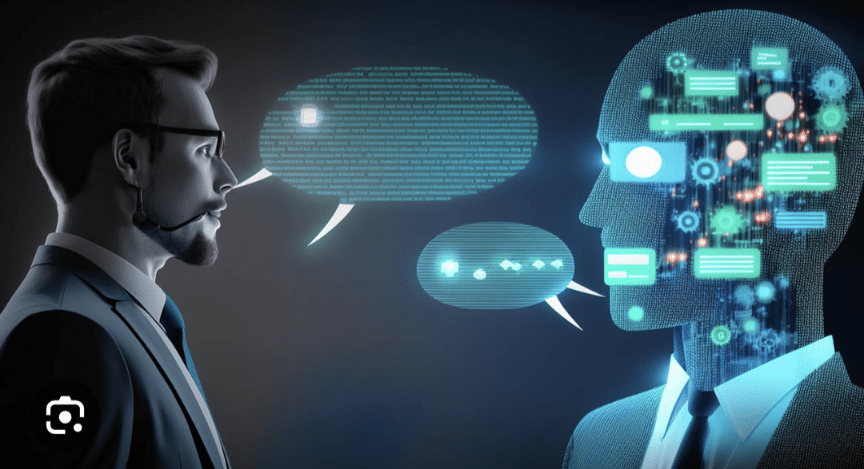
Bridging the Human Gap: Implementing Effective Human Risk Management for Robust Cybersecurity
November 13, 2023
Ransomware Attacks: When Teens Become the Threat
November 16, 2023In today’s interconnected world, where technology is constantly evolving, voice cloning has emerged as a powerful tool with both positive and negative implications. While it holds the potential to revolutionize the way we interact with technology, it also raises concerns about its potential for misuse and the ethical implications surrounding its development and application.
Delving into the Mechanics of Voice Cloning
Voice cloning, also known as voice synthesis or voice imitation, is a sophisticated technology that utilizes machine learning algorithms to generate artificial speech that closely mimics the voice of a real person. This process involves analyzing extensive audio recordings of the target speaker to capture their unique vocal patterns, including pitch, timbre, intonation, and pronunciation. Once these patterns are identified, the machine learning algorithm learns to replicate them, enabling the production of synthetic speech that sounds virtually indistinguishable from the original speaker’s voice.
Exploring the Potential Applications of Voice Cloning
The ability to create synthetic speech has opened up a plethora of potential applications, many of which hold immense promise for enhancing our daily lives. In the realm of entertainment, voice cloning could be employed to develop personalized voice assistants that seamlessly interact with users, providing a more immersive and engaging experience. For educational purposes, voice cloning could revolutionize the way students learn, offering interactive textbooks that read aloud, personalized narration for educational videos, and interactive language learning tools.
Addressing the Ethical Concerns Associated with Voice Cloning
While the potential benefits of voice cloning are undeniable, its development and application raise significant ethical concerns that must be carefully considered. One of the primary concerns is the potential for privacy violations. Voice cloning technology could be misused to record individuals’ voices without their consent, allowing for the creation of deepfakes or impersonation for malicious purposes.
Moreover, the authenticity of audio recordings could be jeopardized by voice cloning. This could have far-reaching implications in legal proceedings, where the validity of audio evidence could be challenged. In addition, the potential for misinformation and disinformation is heightened by voice cloning, as it could be used to create fake news reports or propaganda that could manipulate public opinion.
Navigating the Ethical Landscape of Voice Cloning
To mitigate the risks associated with voice cloning, it is crucial to establish clear ethical guidelines and regulations governing its development and use. Transparency and informed consent should be paramount, ensuring that individuals are aware when their voices are being recorded or used for synthetic speech generation. Additionally, robust authentication mechanisms should be implemented to verify the authenticity of audio recordings and prevent the proliferation of deepfakes.
Furthermore, education and awareness campaigns are essential to inform the public about the potential risks and benefits of voice cloning technology. By fostering a culture of responsible innovation and ethical usage, we can harness the power of voice cloning while safeguarding privacy, authenticity, and the integrity of information.
Embracing the Future of Voice Cloning Responsibly
Voice cloning technology is poised to play an increasingly significant role in shaping our interactions with technology and the world around us. As we embrace this powerful tool, it is imperative to remain vigilant about its potential for misuse and to prioritize ethical considerations in its development and application. By striking a balance between innovation and responsibility, we can ensure that voice cloning serves as a force for good, enhancing our lives while preserving our fundamental rights and ethical values.
- #VoiceCloning #VoiceAI #SyntheticSpeech #Deepfakes #VoiceSynthesis #VoiceImitation #VoiceCloningEthics #VoiceCloningFuture #VoiceCloningTechnology #Cybersecurity #EthicalTechnology #Privacy #Authenticity #Misinformation




